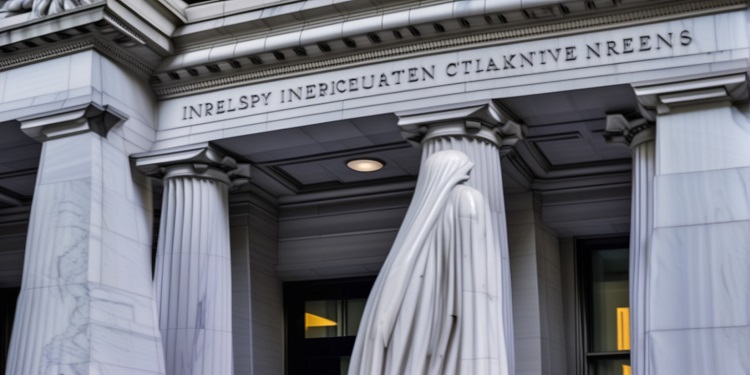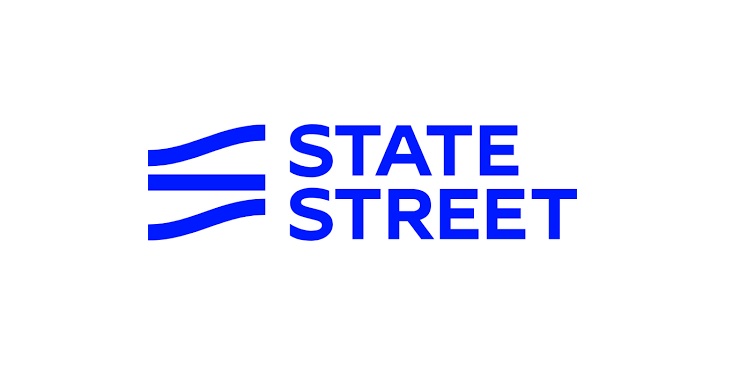The Blockchain Association, along with the Texas Blockchain Council and the DeFi Education Fund, has initiated a legal challenge against the U.S. Internal Revenue Service (IRS). The lawsuit targets recently announced regulations that the plaintiffs argue impose excessive restrictions on the decentralized finance (DeFi) sector. The Association has criticized these measures, claiming they represent an overreach of authority by the IRS.
Kristin Smith, CEO of the Blockchain Association, publicly disclosed the lawsuit through a social media announcement. She characterized the IRS’s new broker regulations as a violation of constitutional principles and procedural standards. Smith indicated that the lawsuit specifically challenges the regulations under the Administrative Procedure Act.
New Rules and Industry Concerns
The legal action follows closely on the heels of the IRS’s final report on digital asset regulations, published just two days prior. These regulations, which are set to come into effect in 2027, require crypto brokers to report all user transactions conducted through their platforms. This mandate extends to decentralized exchanges (DEXs) and demands that brokers provide taxpayer information associated with these transactions.
Under the new rules, the IRS has broadened the definition of brokers to include DeFi platforms facilitating digital asset transactions via smart contracts. These platforms are now expected to adhere to the same reporting standards as traditional brokers, including compliance with Know Your Customer (KYC) requirements.
The Blockchain Association has strongly opposed this classification, citing concerns about user privacy. Marisa Coppel, Chief Legal Officer of the Association, has expressed apprehension that these stringent measures could drive DeFi users to shift their activities outside the United States. She underscored the Association’s commitment to supporting innovation in the DeFi space and opposing regulations that could stifle technological growth.
Widespread Impact on DeFi
The Treasury Department and the IRS estimate that the new regulations will affect between 650 and 875 DeFi brokers and approximately 2.625 million customers. The rules also require brokers to begin collecting data for the 2027 reporting period starting in 2026, placing additional compliance burdens on affected platforms.
Legal experts and industry stakeholders have called for the court or the current administration to reconsider and potentially reverse these measures. Critics argue that the regulations infringe on fundamental privacy rights and risk pushing a burgeoning technology offshore, diminishing the United States’ role as a leader in blockchain innovation.
Potential Industry Implications
While the outcome of the lawsuit remains uncertain, it holds the potential to redefine the regulatory landscape for digital assets and decentralized platforms. Many in the crypto community view this case as a pivotal moment that could influence how DeFi platforms are governed in the future.
By challenging the IRS’s regulatory framework, the Blockchain Association and its partners aim to safeguard the rights of DeFi users and support the continued development of decentralized technologies. The lawsuit may serve as a critical precedent, shaping the evolving relationship between blockchain innovators and regulatory authorities.









